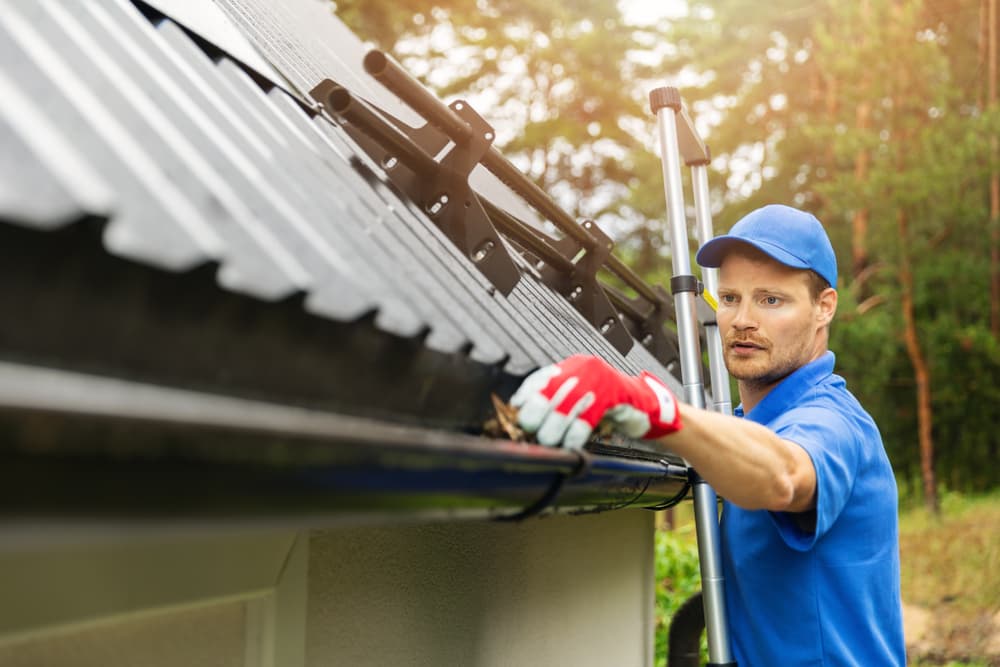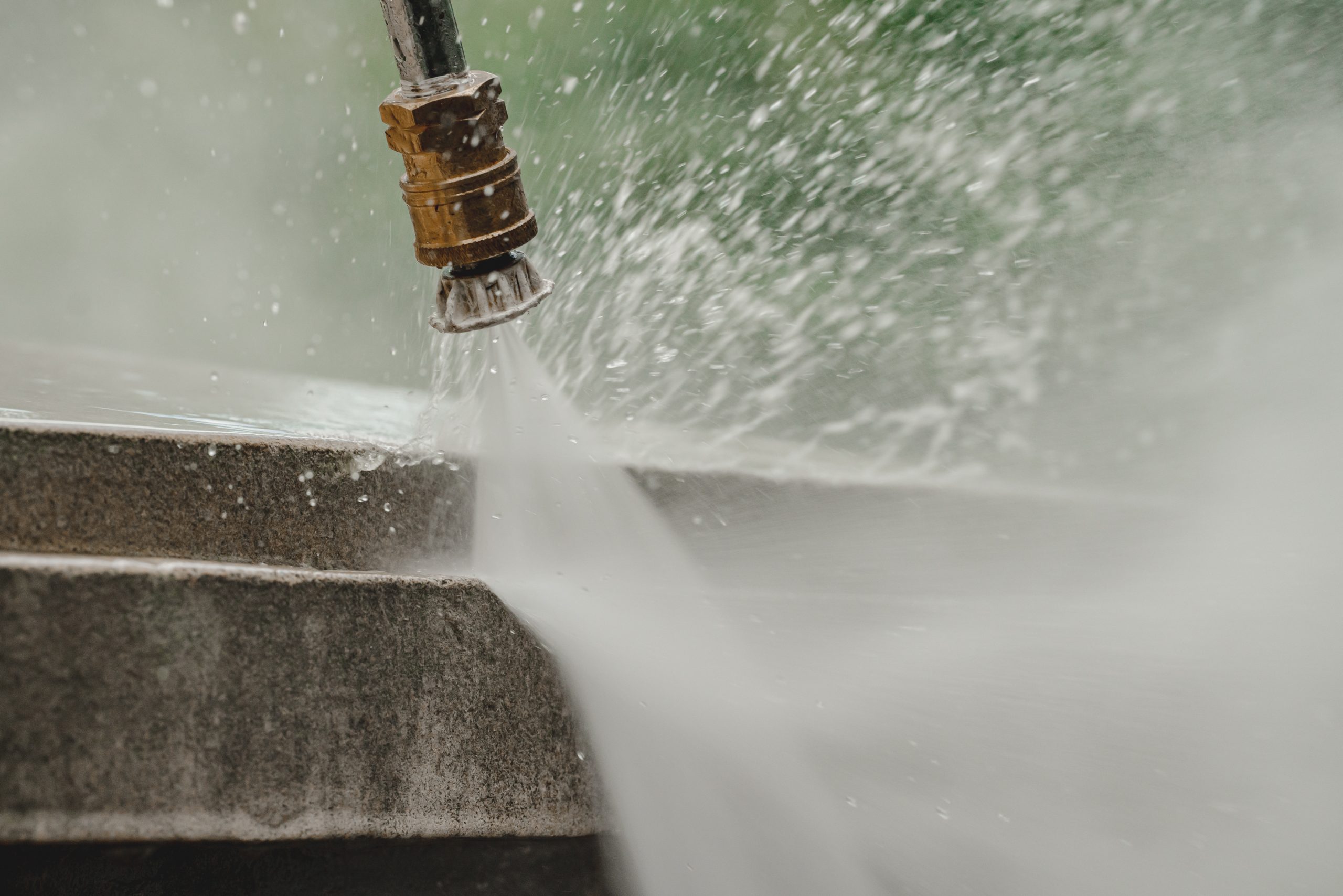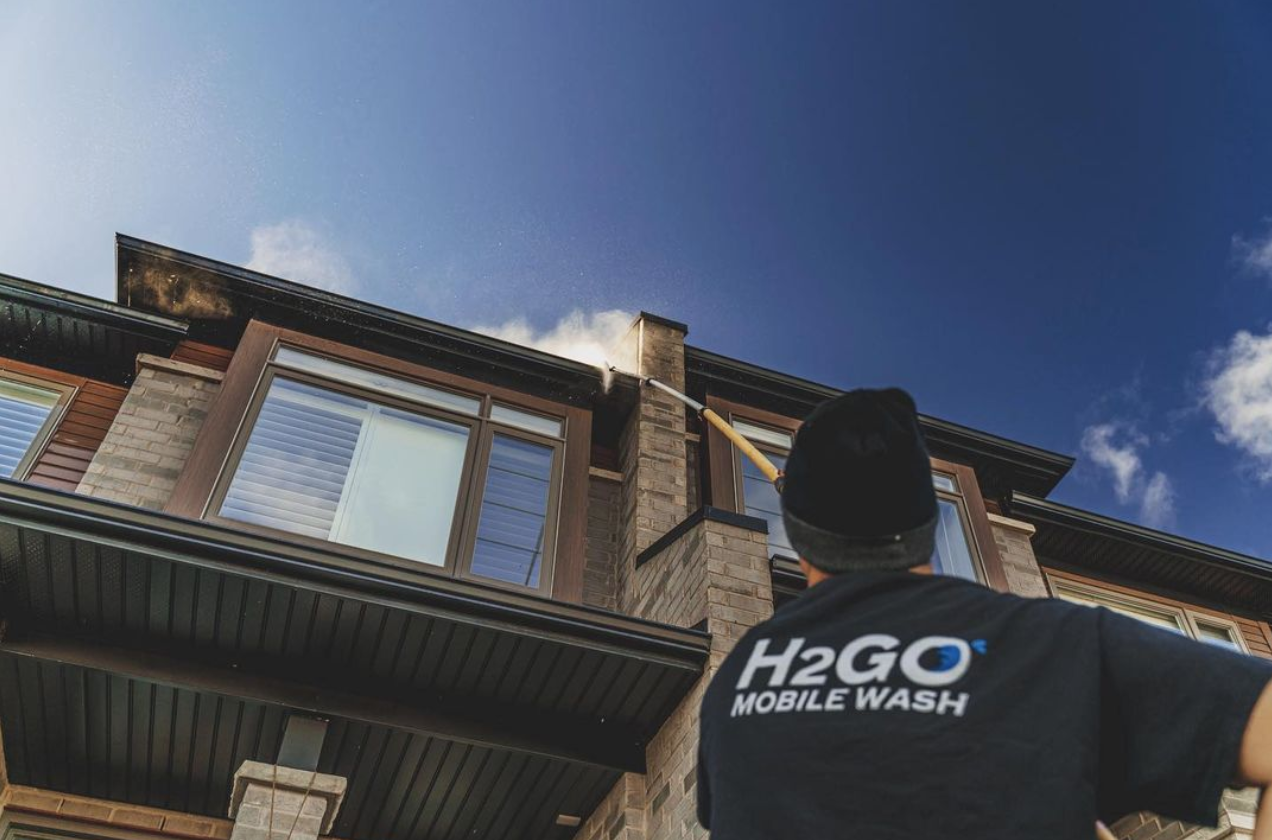With the summer season being so fast-paced, it can be easy to let the upkeep of your property slip between the cracks. So before the cooler weather hits, it’s important to inspect your property and identify the areas that could benefit from a little TLC. We asked several experts for their end of summer cleaning tips and this is what they said:
Clean Gutters and Downspouts
Kershan Bulsara, Manager of Roofmaster reminds homeowners to clean out their gutters and downspouts:
“During the summer, a lot of dust and dirt get logged in your gutters, which ultimately prevents them from working effectively. If your gutters or downspouts get clogged, your home will be more susceptible to roof leaks, rotten wood, mould growth, and crack formation in your foundation.
“The best cleaning method to clear out debris and dirt is to remove any loose leaves or branches by hand. To clean up hard to remove dirt and debris, use a gutter scoop and then use a hose to ensure that everything has been removed.”
Jesse Silkoff, Founder of MyRoofingPal gives similar advice regarding the importance of cleaning your roof before the fall hits:
“At the end of the summer, one of the most important areas to focus on cleaning on your property is actually your roof! Summer storms can leave debris on your roof and in your gutters which can cause water to not drain properly and drain into your home, especially if left until winter and ice dams occur!
“When sprucing up your home, don’t forget to safely check out your roof to make sure it is in good shape as well to prevent future issues! A specialized gutter cleaning hose can be a great help for this task”.
Last but not least, Robert Weitz, Founder of RTK Environmental Group also stresses the importance of cleaning out your gutters at the end of the summer:
“It’s a hassle, but you should clean your gutters before the temperature drops to help prevent ice dams, which form when melted snow pools and refreezes at roof edges and eaves. This ridge of ice then prevents water caused by melting snow from draining from the roof. Since it has nowhere to go, the water can leak into your home and damage walls, ceilings, and insulation. Water damage will soon be followed by mould. No matter what the season, gutters filled with heavy leaves can pull away from your house and cause leaks that damage your home and lead to mould growth. Also, be sure your downspouts are angled away from your home to prevent leaks in the basement.”
Check Your Foundation
Chuck Naish, Owner of City Residential Foundation Repair explains why homeowners should have their foundation inspected by an expert:
“At the end of summer, every homeowner needs to direct their attention to their foundation. You’ll want to conduct an external assessment of your foundation to spot any problematic cracks or holes that might indicate potential issues. Although not all cracks are bad, it is crucial to consider the size and any changes that occur when conducting your assessment. Take pictures if you notice any cracks; this way, you can contact a foundation expert for the easy solution to the problem you are dealing with.”
Check for a Leaky Roof
Weitz also explains why you don’t want to start your winter with a leaky roof:
“You certainly don’t want to start your winter with a leaky roof. Check your ceilings for water spots, mould, or stains. If you spot them, before you call in a roofer, have a mould inspector test your home for mould. That way you’ll know exactly what needs to be replaced so the mould doesn’t come back. You may have small stains or dark spots now, but once the heavy snow sets in, the problem could get much worse, and you could wind up with a full-blown mould infestation. You should also check your attic for moisture, as mould can easily grow there if it is not properly ventilated.”
Consider Your Indoor Air Quality
Randy VanderVaate, President and Owner of Funeral Funds advises that you check your HVAC unit for built-up dust and fireplace and chimney are clear of debris:
“Make sure your room fans, vents, dryer vents, and baseboard heaters are free from dust.
Make sure the fireplace and chimney are clean of any debris. Clean the fireplace flue and liners to prevent the build-up of soot and ash.”
Weitz explains further why this is so critical:
“Indoor air quality suffers in the winter because your home is closed up most of the time. Toxic fumes, including carbon monoxide and volatile organic compounds (VOCs), can be emitted from fireplace and wood burning stove smoke and may back up into the house, which can cause serious health issues. Mold and dust can also build up in HVAC units over the summer months, then spread throughout your home when the heat is turned on. To make sure your indoor air quality is at an acceptable level, schedule a test from an environmental inspector. They will test for VOCs, mould, particulate matter, and other chemicals.”
Waterproof Your Basement
Alex Berezowski, Owner and General Manager of The Foundation Experts Inc. shares his insights on waterproofing your basement during this time:
“Waterproofing your basement is essential before the excess rainfall begins. Concrete is porous, so if it’s left untreated, any water that comes in contact with the wall can be absorbed easily through capillary action. And once water makes its way inside the concrete, it can cause all kinds of issues, especially during the freeze and thaw cycles. Waterproofing provides a high-quality seal against water in your foundation. a membrane is installed on the exterior of the foundation to mitigate any of these issues.”
Clean Windows and Doors
VanderVaate also advises homeowner to clean windows and doors:
“Check the exterior to spot the areas the need weatherstripping and caulking. Cleaning the window and doors will ensure they are not letting in the cold outside air or letting out the warm air.”
Benjamin Nguyen, Owner of Full Color Cleaners agrees, and also provides tips for effectively cleaning your windows:
“Windows should also be cleaned at the end of summer as water stains and marks will dry up and leave nasty streaks. Also, homeowners will have family and guests over for the fall and winter seasons, so it’s best to get these windows looking clean and presentable.
“You’ll need dish soap, a bucket of water, a squeegee, and a wet towel or window cleaning mop. Mix a bit of dish soap into the bucket of water and stir it until it’s diluted. Dip the towel or mop into the bucket and apply the wet towel or mop onto the windows. Use your squeegee and pull from the top of the left side or right side of the window and pull straight down. Repeat throughout all windows.”
Need assistance getting your home cleaned up at the end of this summer season and prepared for the upcoming fall and winter weather? Let our team of experts at H2GO Home help you out! We can cover anything from window cleaning to deck cleanings, eavestrough cleaning, fence cleaning, and more. Contact us today for a free estimate.






